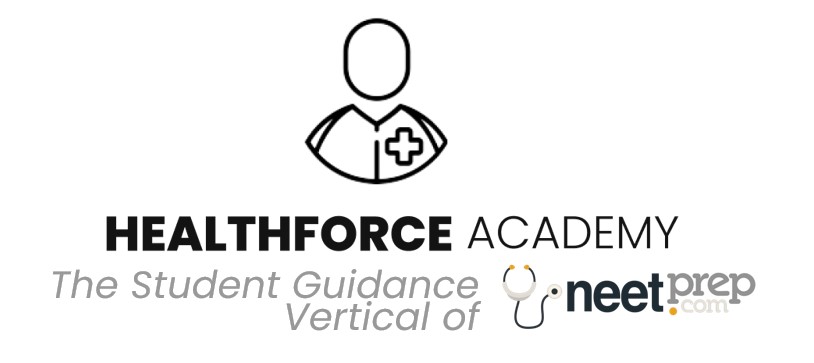Dietetics
December 22, 2023 2023-12-23 6:26Dietetics
Dietetics
1.What do they do?
Dietetics typically engage in the following professional activities:
- Evaluating the nutritional and health requirements of clients.
- Providing counselling to clients on nutrition-related concerns and encouraging the adoption of healthy eating habits.
- Designing meal and nutrition plans tailored to the specific preferences and financial constraints of clients.
- Continuously assessing and monitoring the impact of nutrition plans and practices, making necessary adjustments as required.
- Advocating for healthy lifestyles by delivering presentations to groups, emphasizing the connection between dietary choices and the prevention or management of specific health conditions.
- Crafting educational materials that offer guidance on making healthful food choices and leading a balanced lifestyle.
- Staying abreast of the latest developments in food and nutritional science research, and potentially contributing to such research.
- Maintaining records of clients’ progress and achievements.
2. Why take this career?
There are several compelling reasons why individuals choose to pursue a career in dietetics and nutrition:
- Many people are genuinely passionate about promoting health and well-being through nutrition. They find satisfaction in helping others make healthier food choices and improve their overall quality of life.
- Dietitians and nutritionists play a critical role in addressing and preventing various health issues, such as obesity, diabetes, heart disease, and more. Their work can positively impact public health on a large scale.
- This field offers a range of specializations, from clinical dietetics to sports nutrition, pediatric nutrition, and community nutrition. Individuals can choose the niche that aligns with their interests and career goals.
- There is a growing demand for dietitians and nutritionists in healthcare facilities, schools, fitness centers, research institutions, and private practice. This career path offers stability and diverse job prospects.
- The field of nutrition is dynamic, with new research and discoveries happening regularly. For those who enjoy learning and staying up-to-date with the latest science, this career provides an intellectually stimulating environment.
- Many find fulfillment in helping clients achieve their health goals, whether it’s weight loss, managing medical conditions, or simply living a healthier life. Making a positive impact on people’s lives is rewarding.
- Dietitians and nutritionists can also start their private practices or consult with organizations, allowing for entrepreneurial ventures and the potential for financial independence.
- Nutrition is a universal concern, and the skills and knowledge gained in this field can be applied across different countries and cultures.
- Some individuals may have their own personal experiences or challenges related to nutrition, leading them to develop a strong interest in this field and a desire to help others facing similar issues.
3. What an average day at the job is like?
- Dietitians often begin their day by meeting with clients. These consultations may be one-on-one or in group settings. During these sessions, they assess clients’ dietary habits, health goals, and any medical conditions.
- After gathering information, dietitians analyze the data to create personalized meal and nutrition plans. They consider clients’ preferences, dietary restrictions, and health needs.
- Much of the day may be spent educating clients on proper nutrition, discussing meal plans, and offering guidance on healthy eating habits. This involves clear communication and empathy.
- Dietitians maintain detailed records of client progress, adjustments to their plans, and any relevant health improvements or concerns.
- Staying updated on the latest nutritional research is essential. Dietitians may spend time reviewing scientific studies and attending professional development courses to expand their knowledge.
- In clinical or healthcare settings, dietitians often work as part of a healthcare team. They collaborate with doctors, nurses, and other healthcare professionals to ensure clients receive comprehensive care.
- In private practice or other self-employed roles, dietitians handle administrative tasks such as scheduling appointments, billing, and managing client files.
- Some dietitians engage in community education, speaking at events or conducting workshops to promote healthy eating and nutrition awareness.
- Research and Special Projects: Depending on their workplace, dietitians may be involved in research projects, menu planning for institutions, or developing educational materials.
4. Knowledge and skills needed to succeed?
- Analytical Skills: The ability to interpret scientific studies and translate complex nutrition science into practical advice.
- Compassion: Being caring and empathetic when helping clients address health and dietary concerns, considering emotional aspects.
- Listening Skills: Attentiveness to clients’ goals and concerns, as well as effective communication within healthcare teams.
- Organizational Skills: Proficiency in managing records for multiple clients, scheduling appointments, and handling administrative tasks for self-employed practitioners.
- Problem-Solving Skills: Evaluating clients’ health status and devising appropriate dietary strategies for improving health or managing health conditions.
- Communication Skills: Clearly conveying complex nutrition information in a understandable manner, whether to clients or healthcare colleagues involved in a patient’s care.
5. What can you earn
In May 2022, the median annual earnings for dietitians and nutritionists stood at $66,450. The lowest-earning 10 percent made less than $44,140, while the top 10 percent earned over $95,130.
Furthermore, in May 2022, dietitians and nutritionists in the following industries had the following median annual wages:
Outpatient care centers: $75,860
Government: $66,370
Hospitals (state, local, and private): $66,170
Nursing and residential care facilities: $64,310
6. Courses you can do to take up the career.
To pursue a career as a dietitian or nutritionist, you typically need to follow a structured educational and training path, and obtaining the necessary credentials may also be required, depending on your location. Here are the courses and steps you can take to enter this career:
- Bachelor’s Degree in Dietetics, Food, and Nutrition:
Start by enrolling in a bachelor’s degree program in dietetics, food and nutrition, or a related field. This forms the foundation of your education.
- Supervised Training (Internship):
After completing your bachelor’s degree, you’ll typically need to participate in a supervised training program, often in the form of an internship. This provides hands-on experience in the field.
- State Licensure or Certification (varies by state):
Depending on the state in which you plan to practice, you may need to obtain a license, state registration, or certification. Requirements vary, but generally involve having a bachelor’s or advanced degree, completing supervised practice, and passing an exam.


